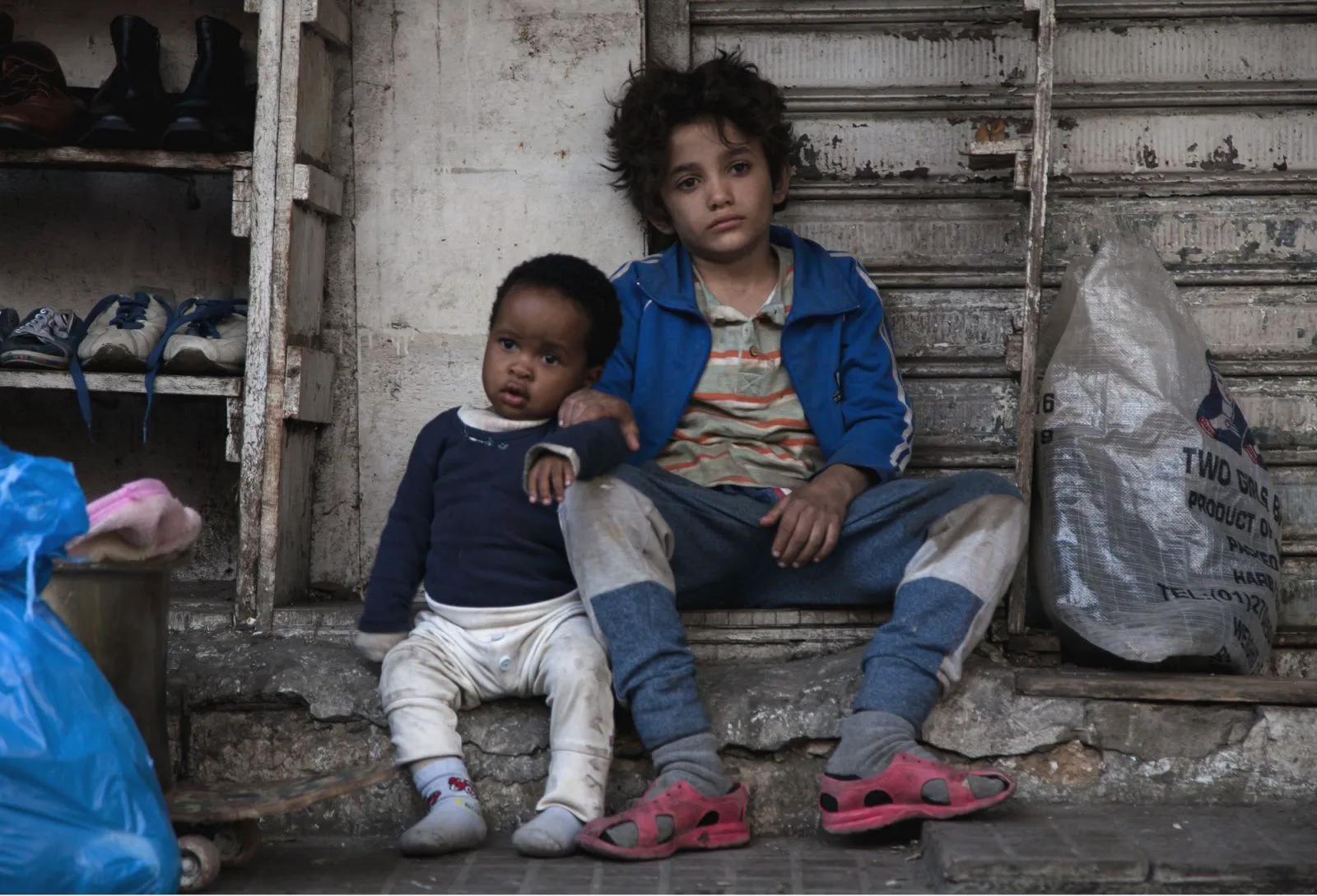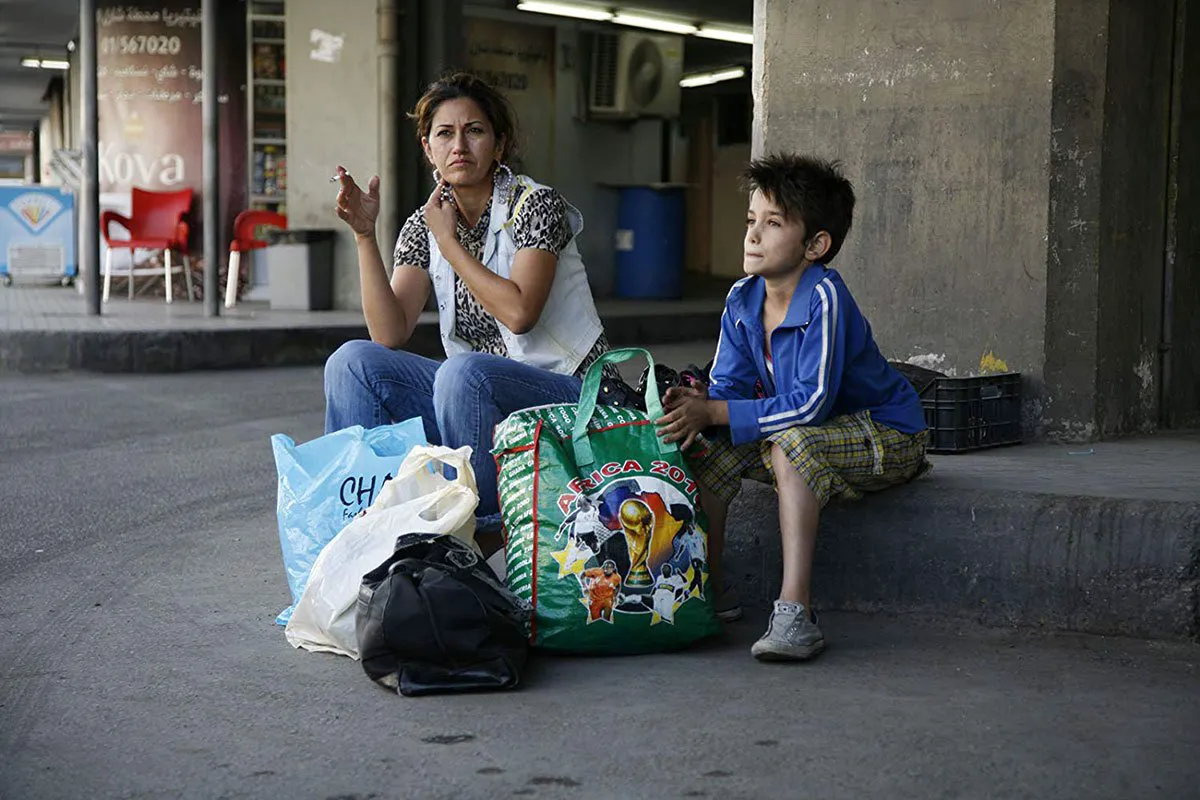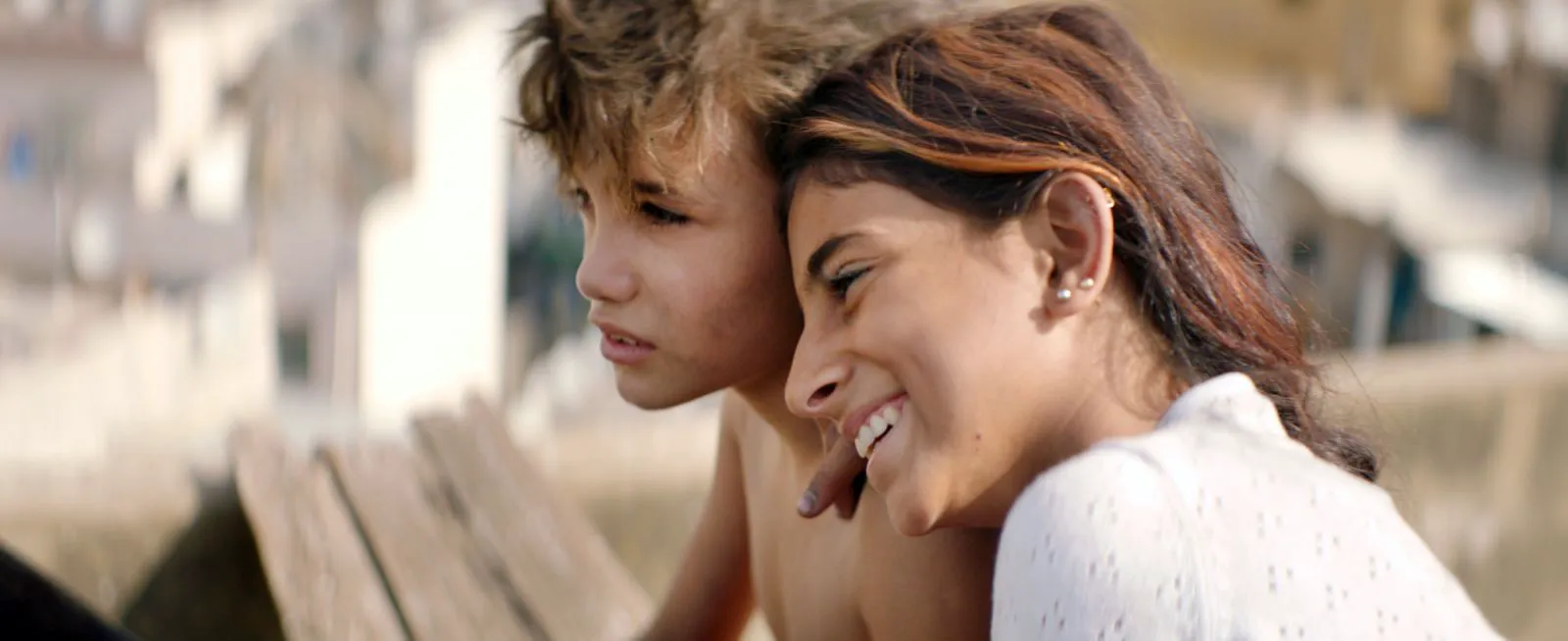Capernaum: A Gut-Wrenching Look at Childhood in Lebanon
A standout hit from last year’s Cannes Film Festival and an Oscar nominee, Capernaum pulls no punches in its depiction of poverty and resilience.
Zain is just 12 years old, yet he’s already serving a five-year sentence for assault. From prison, he’s brought back to court, this time as the plaintiff. He’s suing his parents for the “crime” of giving him life. The film then journeys into the past, unraveling Zain’s story and building a case for his extraordinary claim.
The eldest of 11 children, Zain is denied an education and forced to work at a local shop, assisting his parents in smuggling drugs into prison. His dreams of escaping to Sweden with his beloved sister, Sahar, are shattered when she’s sold into marriage to the shop owner, his boss. Zain flees, attempting to survive alone on the harsh streets of Lebanon.

Who would have thought a film with a synopsis seemingly ripped from a bleak news report could garner serious acclaim at Cannes, become a box office success, and earn an Oscar nomination? Perhaps only the most optimistic. Yet, Nadine Labaki’s Capernaum has resonated globally, boldly exposing the grim realities faced by children in impoverished Lebanon. While the issues are known, the film serves as a stark reminder, gripping viewers with its emotional intensity.

However, this is where the film falters. Capernaum aims to be a more brutal and realistic version of The Florida Project, but it sometimes feels like a sensationalized news report about marginalized communities in Islamic countries and the hardships endured by their children. Dirt is strategically smeared on sorrowful faces, clothes are deliberately tattered, poverty is omnipresent, and drug dealing is the only means of survival. The already grim spectacle is heightened by slow-motion shots and dramatic orchestral scores during the most poignant moments.

In such dire circumstances, ordinary people can’t possibly be blamed. This seems to be Labaki’s humanist perspective, portraying every character as a victim. Even during Zain’s arguments with his parents, the camera lingers on the mother’s face, revealing her regret over the conflict she initiated. In court, the father tearfully defends himself against accusations of selling his daughter, claiming he was raised that way and knows no other life. The mother, equally indignant, questions the criticism, demanding others “walk in her shoes.” Even the adult husband of the 11-year-old girl justifies his actions with societal norms, arguing that many girls give birth at that age, including his own mother. This convenient approach allows the film to avoid nuanced characterization, instead painting Islamic traditions and customs as the villains, conveniently scapegoating them for the problems at hand.
The Saving Grace: Performances
What saves the film from descending into manipulative melodrama is Labaki’s talent for directing child actors. Zain Al Rafeea, in the lead role, and Boluwatife Bankole, as the one-year-old Ethiopian child, are not just the treasures of Capernaum but also deliver arguably the best performances of the year. Both are non-professional actors discovered on the streets, lending an unnerving authenticity to their emotions and dialogue. Perhaps only their performances make the obligatory happy ending feel earned rather than contrived. They deserve it.